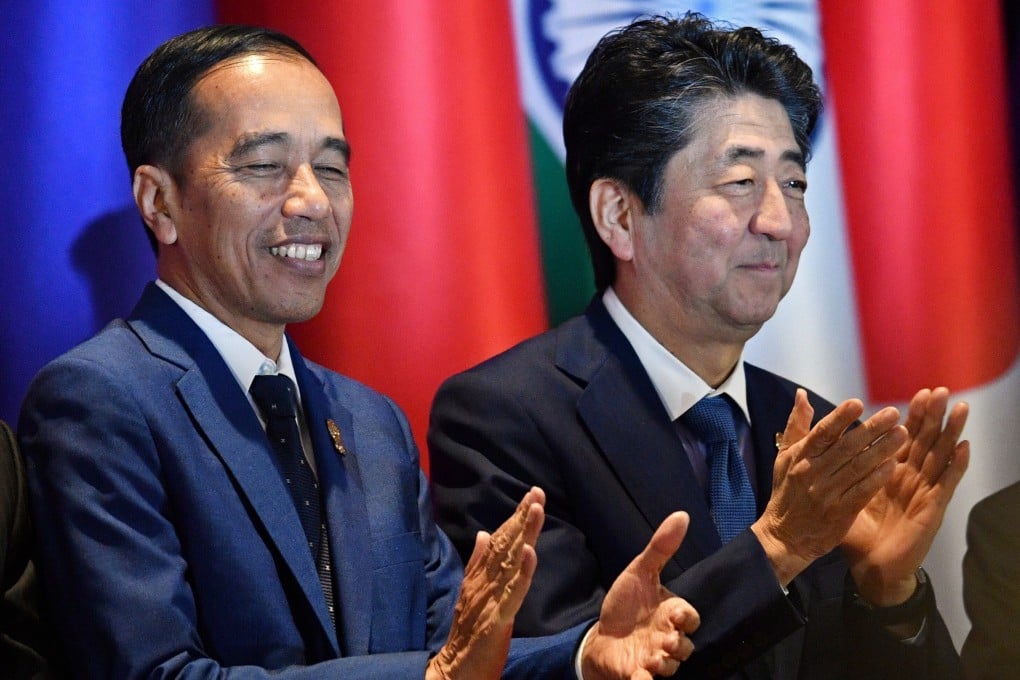Advertisement
Opinion | Japan is keeping Southeast Asia at the heart of its Indo-Pacific strategy
- Japan has made great strides in becoming one of the most favoured countries by Southeast Asian nations, thanks to its financial assistance and investment
- Nations in the region trying to balance between China and the United States might do well to consider hedging their bets and diversifying towards Japan
Reading Time:3 minutes
Why you can trust SCMP

The signing by Japan and India last month of a new military logistics pact under an acquisition and cross-servicing agreement is worthy of attention, particularly given that Japan is revisiting its national security strategy and hinting at a shift in its defence policy from one of passive pacifism to proactive, multilateral pacifism.
The fundamental takeaway from the agreement with India is Japan’s greater defence outreach to the Indo-Pacific, the confluence of two oceans, at the centre of which lies Southeast Asia. Japan has strongly advocated the idea of Indo-Pacific at all multilateral forums, and former prime minster Shinzo Abe first used the term in 2007.
The icing on the cake for Japanese engagement in the Indo-Pacific is its access to the Andaman and Nicobar Islands provided under this pact. Japan’s presence in the Andaman Sea signals its intent of greater defence partnership with Southeast Asia.
Advertisement
Additionally, the newly elected Prime Minister Yoshihide Suga is planning his first state visit to Vietnam and Indonesia. Chief Cabinet Secretary Katsunobu Kato has stressed face-to-face exchanges as critical for diplomacy and reaffirmed Japan’s endorsement of the “free and open Indo-Pacific”.
Vietnam and Indonesia are important members of the Association of Southeast Asian Nations (Asean), which has claimed centrality in the Indo-Pacific construct. The foreign ministers of the “Quad” – Japan, India, Australia and the United States – met on the sidelines of last year’s UN General Assembly and reiterated Asean centrality in the Indo-Pacific.

02:11
Japan’s new PM Yoshihide Suga inherits economic woes, Tokyo Olympics challenge
Japan’s new PM Yoshihide Suga inherits economic woes, Tokyo Olympics challenge
Japan’s most crucial sphere for security is naturally its own neighbourhood. It relies on a “shield and spear” system of alliance, where the US is the offensive power and Japan is the defensive power. The US-Japan alliance features prominently in Japanese security strategy at all levels.
Advertisement
Select Voice
Select Speed
1.00x
.jpg?itok=JSqVqCOy&v=1682928701)